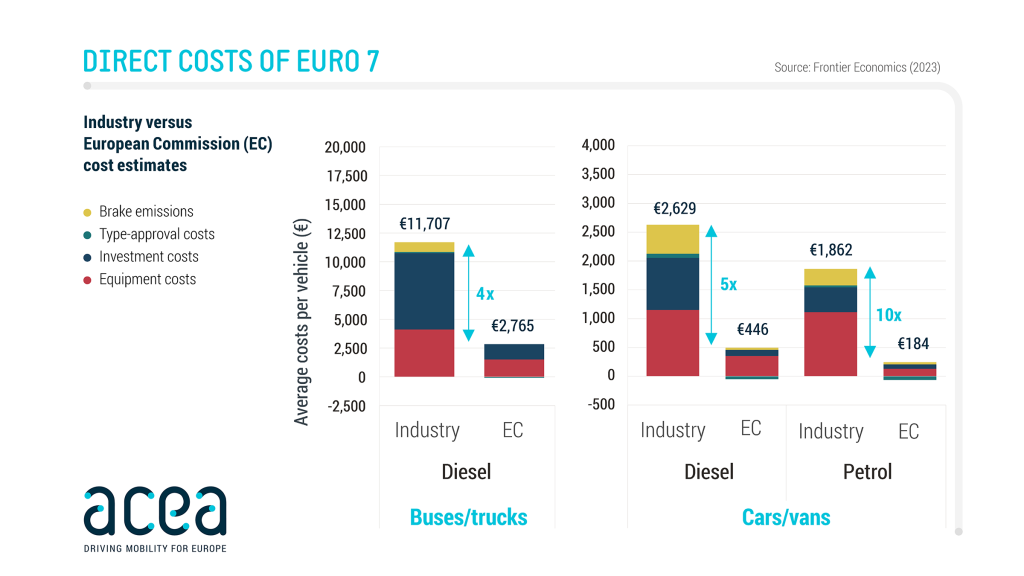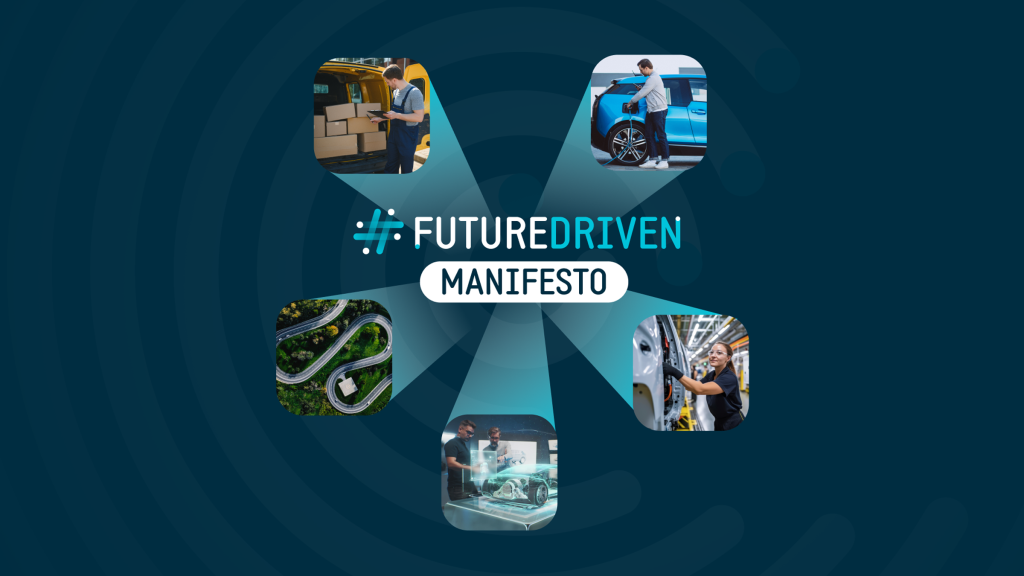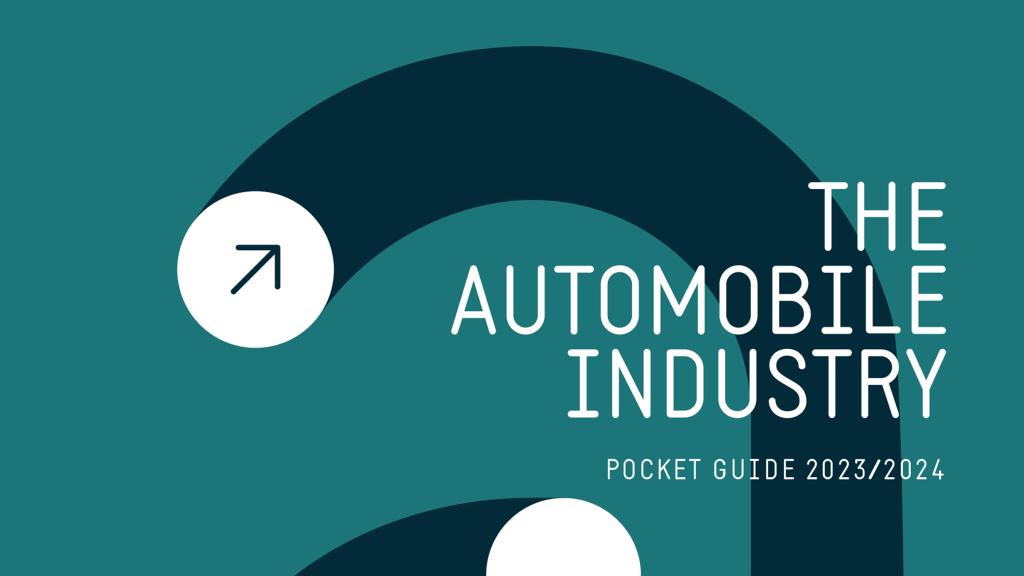Free and fair trade: one piece of the global competitiveness puzzle

Since Ursula von der Leyen delivered her State of the Union address earlier this month, the talk of the town has been her announcement that the European Commission intends to launch an anti-subsidy investigation into electric vehicles (EV) imported from China. This has sent ripples not only across Brussels, but right around the world.
It is clear that ‘free and fair’ trade has been essential to creating a successful European automotive sector, and a foundation of its global success. Healthy competition drives innovation in European manufacturing, providing ever-greater choices for consumers. The principle implies a level playing field between all competitors, contrasting with protectionist tendencies.
Free and fair trade is one important part of the global competitiveness puzzle. But threats to Europe’s industrial competitiveness take many shapes. What we fundamentally need is a comprehensive industrial strategy that will enable us to rival other world regions on an equal footing. This means ensuring access to critical materials and affordable energy, a much more supportive regulatory framework, charging and refuelling infrastructure, purchase incentives, and so much more.
Europe should support its automotive industry in the net-zero transition, establishing a business case for the transformation, right along the value chain. The EU Industry Days, kicking off next week, will be a most timely opportunity to discuss what it takes to deliver this.
An immediate example of how the EU ecosystem can be supported is found in trade with the UK – one of our top export markets and key in scaling up the European electric vehicle industry. However, if the Commission fails to act urgently, a 10% tariff will be placed on electric vehicle exports to the UK at the end of this year. This could cost EU vehicle makers €4.3 billion over the next three years, reducing electric vehicle production by some 480,000 units. This would be to the detriment of securing a healthy EV ecosystem in Europe, resulting in the exact opposite of what the EU wants to achieve. We therefore urge the Commission to act now to extend the current phase-in period for battery rules by three years.
It is becoming a good tradition that right after the EU State of the Union address, ACEA releases its own ‘State of the Automotive Industry’, in the form of our annual Pocket Guide. The latest data in this brand-new publication reveals that, despite fierce competition from abroad, rising trade tensions and a complex regulatory environment, there is much that the European automotive industry can celebrate – and much for Europe to defend.
For instance, European auto makers increased R&D investment in Europe in 2021, cementing their leadership as the largest automotive investors globally. In fact, European auto makers invested roughly twice as much and almost four times more than their Japanese and Chinese counterparts, respectively – totalling a whopping €60 billion.
Once again, the European auto industry proved its substantial contribution to the EU economy. More than 13 million Europeans are now employed across the automotive value chain, that’s around 200,000 more than in 2019 – equivalent to a sizeable 7% of the EU workforce. This is a noteworthy feat in a challenging economic context marred by record-high energy prices and supply disruptions. Major EU member states also benefitted from significant revenues from vehicle sales and ownership taxes – raking in almost €400 billion in 2022.
2022 also saw EU vehicle production continue its rebound, hitting 13 million units – 1 million more than the previous year. For cars, production grew at its fastest rate in the last ten years, reversing four consecutive years of decline – a sign the industry is clawing back towards pre-pandemic figures.
Overall, ACEA’s Pocket Guide provides a timely picture of a highly relevant sector of the European economy. Europe has always been a natural home for the automotive industry. We have a longstanding reputation for automotive excellence, producing some of the most high-tech and fuel-efficient vehicles on the planet, on top of a solid legacy as leading innovators and competitors worldwide. We are committed to building on this success in Europe, and stand ready to co-shape this journey with policy makers.
Despite fierce competition from abroad, rising trade tensions and a complex regulatory environment, there is much that the European automotive industry can celebrate – and much for Europe to defend.


